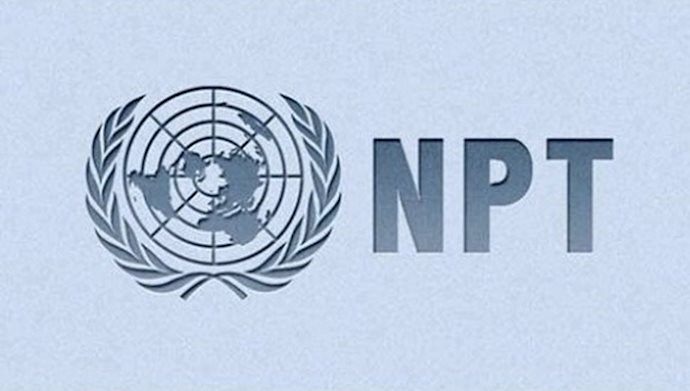Reporting by PMOI/MEK
Iran, July 12, 2020—Ali Khazarian, a member of the Iranian regime’s Majlis (parliament), said in an interview with the state-run Asre Iran daily on Saturday saying, “Currently, Majlis members are signing a bill that obliges the government to exit the Additional Protocol.”
This MP further explained about Tehran’s possible pullout of the 2015 nuclear deal, known formally known as the Joint Comprehensive Plan of Action (JPCOA) and a bill in this regard. “This issue must be technically evaluated in the Majlis National Security Commission, taking into consideration our current circumstances. However, for us to remain in the JCPOA framework or if we decide to pull out of this agreement, we need to seek solutions for our domestic issues,” he added, shedding more light on regime officials’ growing concerns about internal issues rendering a new round of nationwide protests even more dangerous for the regime than the November 2019 uprising that spread across the country like a massive forest fire.
The U.N. nuclear watchdog’s 35-nation Board of Governors called on the Iranian regime on June 17 to stop denying the agency access to two suspected former sites and to cooperate fully with it, diplomats attending the meeting said.
A resolution raised pressure on Iran to let inspectors into the sites mentioned in two International Atomic Energy Agency (IAEA) reports because they could still host undeclared nuclear material or traces of it.
The text of the resolution submitted by France, Britain and Germany said the board “calls on Iran to fully cooperate with the Agency and satisfy the Agency’s requests without any further delay, including by providing prompt access to the locations specified by the Agency.”
Iran’s 2015 nuclear deal with major powers drew a line under what the IAEA and U.S. intelligence services believe was a covert, coordinated atomic weapons program.
The IAEA suspects activities possibly related to developing nuclear weapons were carried out in the early 2000s at these sites. The resolution, the first by the board since 2015 and the implementation of the nuclear deal, was passed by a 25-2 margin with seven abstentions, diplomats said.





